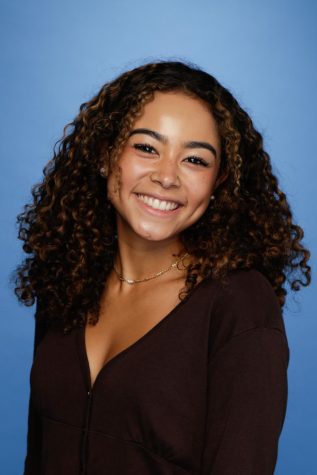Teaching Kids to Learn?
Last Monday night, I stayed up until 2 in the morning. I had SAT prep for two hours until 9:30, and then I made myself a double espresso and crammed for the three different assessments I had coming up the following day. As I was preparing for my long night ahead, divvying up time among AP U.S. history, Spanish, and math, I internally commended myself for my excellent organizational skills, looking with great pride at my detailed planner. What a well-prepared, well-taught student I am, I thought to myself, thank gosh for Poly Prep.
But was it Poly that gave me those academic skills? Or was it Poly who simply overloaded me with work, forcing me to obtain those skills as a means of survival? Even worse, skills like that could just be facets of access to good resources, which often cost large sums of money, which not everyone has. My peers and I spend hours each night toiling over homework and studying en masse, yet were we ever truly and equitably primed to access the achievement this school expects of us?
My first year at Poly was seventh grade, and I distinctly remember a handful of friends of mine who were in the “Foundations” class that year. That class was a specially scheduled period for selected students, where learning specialists at Poly helped kids to organize their workloads, outline their essays, communicate with their teachers, et cetera;—building essential skills for success at a highly academic school like Poly. In seventh grade, though, students tend to see things as a little more black and white, and so the Foundations attendees were publicly marked as the dumb kids who needed extra support to keep up with the rest of us. However, looking back, I wish I was placed in Foundations. I wish I was coaxed into building lasting academic skills. I wish I was taught to learn rather than taught to cram. Though Poly’s curriculum has an impressive handful of intro courses in each subject, there is no existing class which builds skills for new high school students. We have never learned to learn.
I don’t know if a built-in class like Foundations still exists in the middle school, but I’m certain it has no counterpart in the Upper School, which is a great pitfall of Poly education. Un-primed students—kids who have neither had access to a resource like a personalized learning specialist nor inherent academic luck or talent—often struggle greatly at Poly. A Poly friend of mine once said in utmost seriousness, “You get a tutor or you fail.” So what of the kids who can’t get a tutor? Are they doomed to fail? This further exacerbates the inequities of education, leaving poor students in the dust while their wealthier duplicates are handheld into greater accolades.
I guess what bothers me most is the idea of extra. That getting a tutor, or being in Foundations, or even meeting with teachers means you are receiving extra help. Simply the cost of a tutor is an extra expense, when tutoring seems to be the only route to true achievement. Giving students the tools they need to tread the toiling waters of a competitive school should not be going above and beyond; it should be the least expectation of a school with the resources of Poly. Being given armor before battle is not a special treat. Creating more preparatory curricula before enrolling students in advanced courses isn’t one either.
But what to do? There is no quick fix for Poly’s lacking foundational course options, no bandaids which will heal the bullet holes of a flawed academic ecosystem, one that Poly exists inside of, not the other way around. In truth, an overhaul of the entire academic pipeline, from preschool to grad school, is required to improve the quality of learning in all schools, not just Poly. There are some things we can do as a school, however. To start, perhaps, a Foundations-like course in the Upper School should be made more widely available, or maybe even required for underclassmen. In addition, there ought to be active work by students, teachers, and administrators to destigmatize asking for help from teachers, or reaching out to the learning support department.
Hopefully, in some utopian future, Poly, along with many high schools, will be able to shift away from focusing solely on letter grades, and more towards the quality of the learning experience kids receive from the school. Unfortunately, that future can only exist with a greater overhaul of our national education system. For now, teaching essential skills is not extra, and you are not dumb for asking for help. In fact, that’s probably much smarter than drinking an espresso at 10 p.m.

Selah Ilunga-Reed is a current Editor-in-Chief of the Polygon, coming off a year in the Opinions Editor position. Selah is a passionate member of the soccer,...
























